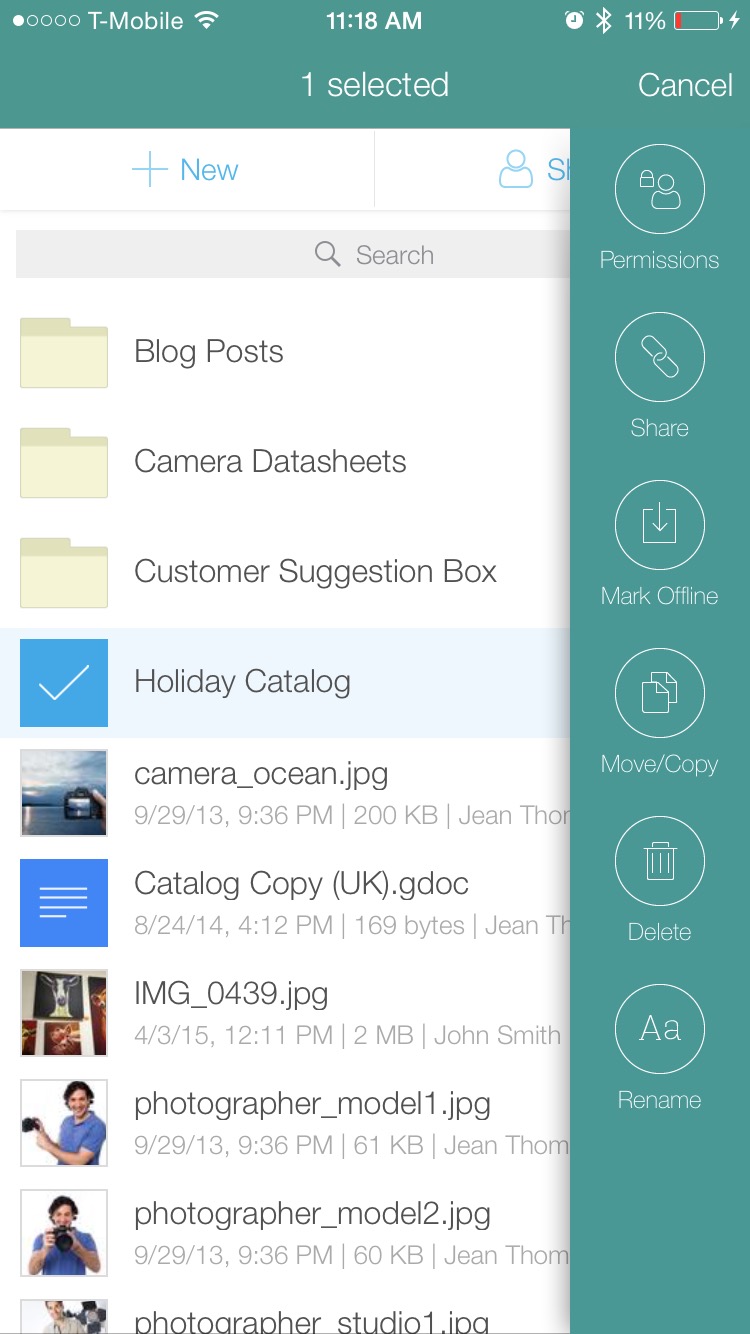
New enterprise file management suite takes mobile first approach
According to research by IDC the number of enterprise applications optimized for mobile is set to quadruple by next year as businesses seek to improve workflow across the organization.
Adaptive enterprise file services specialist Egnyte is unveiling its new enterprise mobile suite that's optimized for business users. It allows them to seamlessly access, manage and share online and offline data from both cloud and on-premises storage.
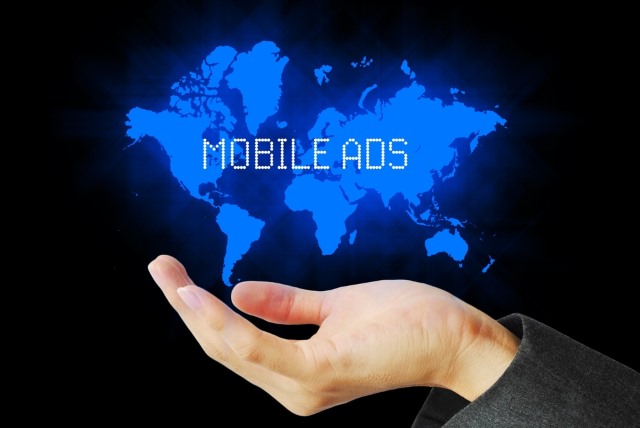
European telecom firms may block all mobile ads, spelling trouble for Google
Google is facing something of a European revolution as mobile companies consider blocking ads on a massive scale. Israeli company Shine has developed software that blocks mobile ads, and it has gained the attention and support of a number of telecom companies in Europe.
Talking to the Financial Times, one wireless carrier said that the software had been installed at its data centers and could be enabled by the end of the year. With the potential to automatically block most ads on web pages and within apps, the repercussion of the ad boycott could be huge as mobile providers try to wrestle control from the likes of Google.
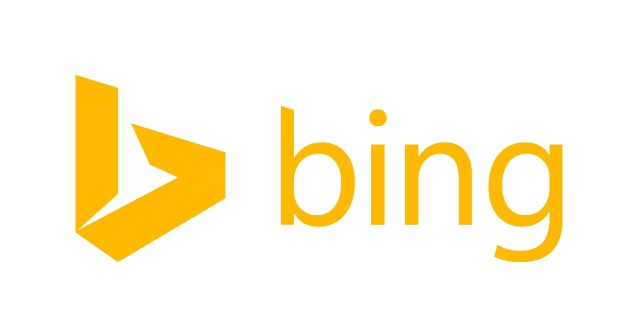
Bing follows Google's lead in favoring mobile-friendly sites in search results
Last month Google announced a series of changes to the way it handled search results on mobile devices, and now Microsoft is following suit. Now there is a focus on promoting those sites that are optimized for viewing on a smaller screen. Microsoft said six months ago that it would start to push mobile-friendly sites, and today this plan is being put into action.
The project started off by simply highlighting mobile-friendly sites to aid identification, but now they will be promoted further up search rankings. If there are two sites rated equally highly for their content, the one which is considered most suitable for viewing on a mobile device will appear higher in results when a search is conducted from a mobile device.

Millennials are a bigger risk to mobile security than other age groups
Around half of the workforce will be millennials by 2020, but according to a new survey by endpoint security specialists Absolute Software they're likely to present a bigger risk to data security.
The survey questioned more than 750 Americans over the age of 18 who work for a company with 50 or more employees and use an employer-owned mobile device.
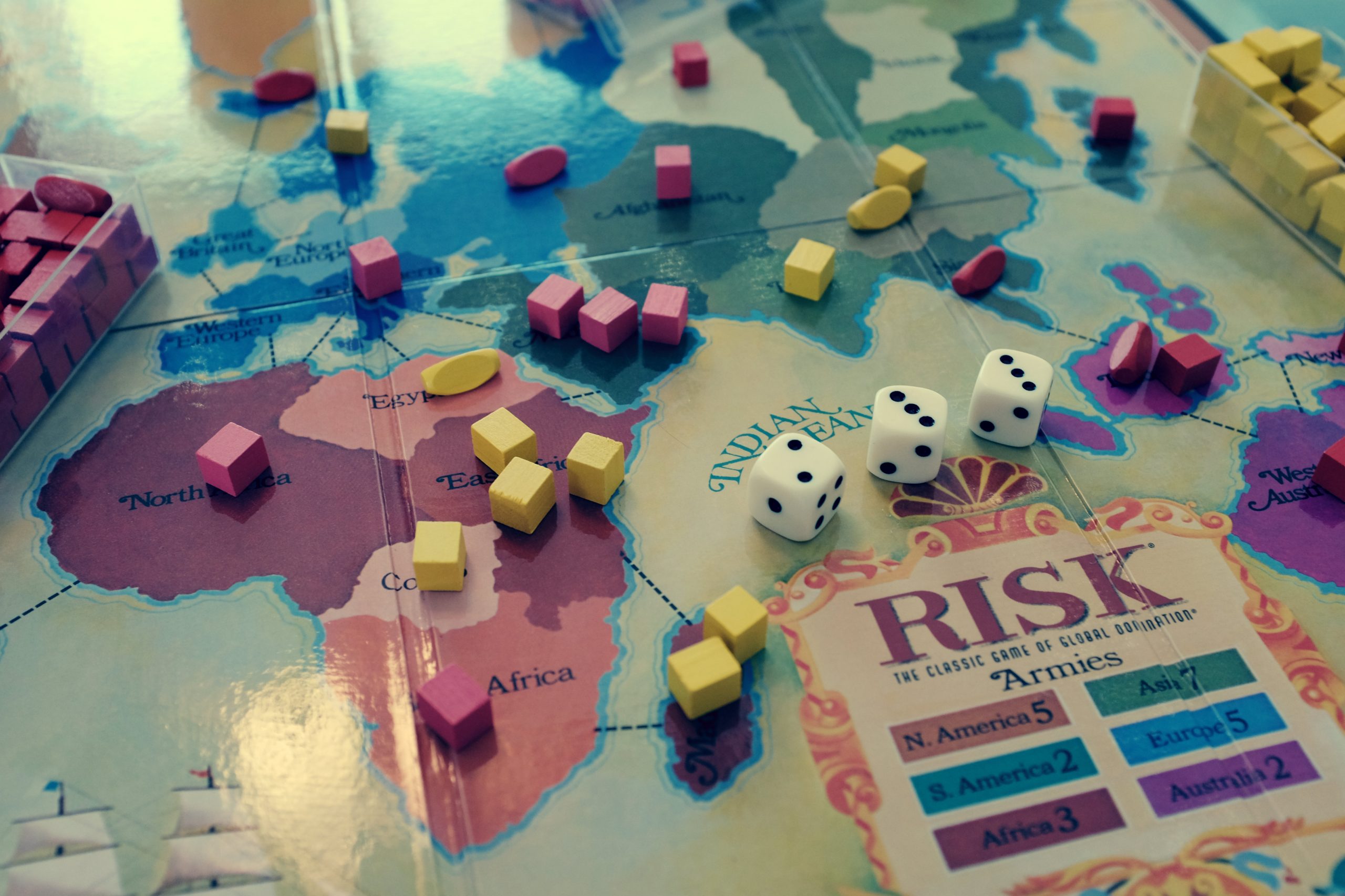
Verizon pays $4.4B for Arianna Huffington
The headline may seem a bit outrageous but is a fair assessment of what Big Red gets from its proposed purchase of AOL. The all-cash, $4.4 billion deal would strengthen Verizon's media portfolio, and I wonder: Is this what happens when there is Net Neutrality? ISPs become content carriers?
Verizon's venture cannot be understated for what it means. Like a game of Risk, where players jockey for early-play position and forge alliances with eventual combatants, mobile is a battleground in the making. Territory captured now will mean everything in the future. AOL's content portfolio, which includes Huffington Post, is among the major assets.
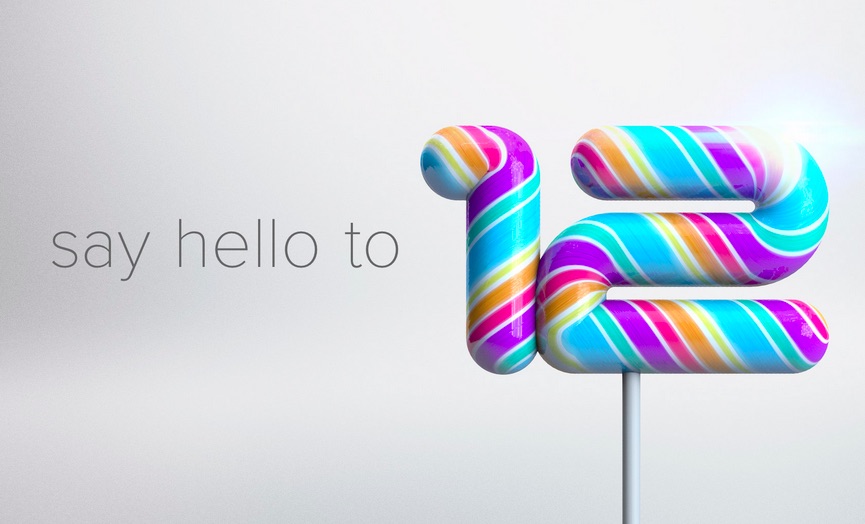
OnePlus One users in India to receive future updates from Cyanogen as companies resolve dispute
Indian mobile manufacturer Micromax and Chinese smartphone manufacturer OnePlus have withdrawn their respective lawsuits against each other. As a result of this the flagship One smartphone will now resume the impending over the air update from Cyanogen Inc.
OnePlus announces that both the companies withdrew their respective lawsuits against each other through mutual consent. In a statement to BetaNews, OnePlus says that it will be working with Cyanogen to ensure that the OnePlus One Indian variant continues to receive updates from the software firm. These updates also include the next in line to CM 12S software version.
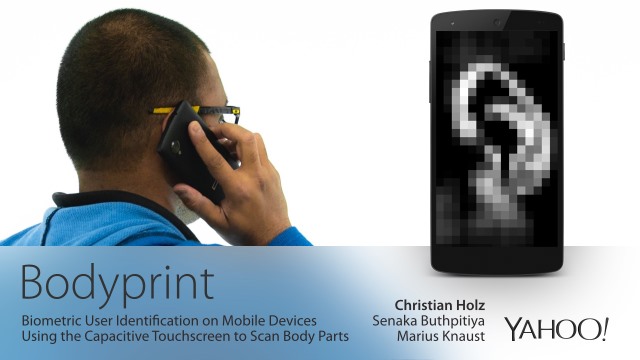
Yahoo might use your ear to unlock your phone
Smartphone security takes a number of forms; you might access your phone with a PIN, your fingerprint, or via facial recognition. But if Yahoo's plans gather momentum, you could be using your ear to unlock your phone in the not-too-distant future. The idea builds on the idea of the unique fingerprint we all have, taking advantage of the capacitive touchscreens that are now a standard feature of phones.
There's no need for special sensors as the way different parts of your ears touch the screen when held in the 'talk' position can be used to uniquely identify you. It's all part of Yahoo's Bodyprint program, which is also looking at how the way you hold your phone could be used as an unlock tool.
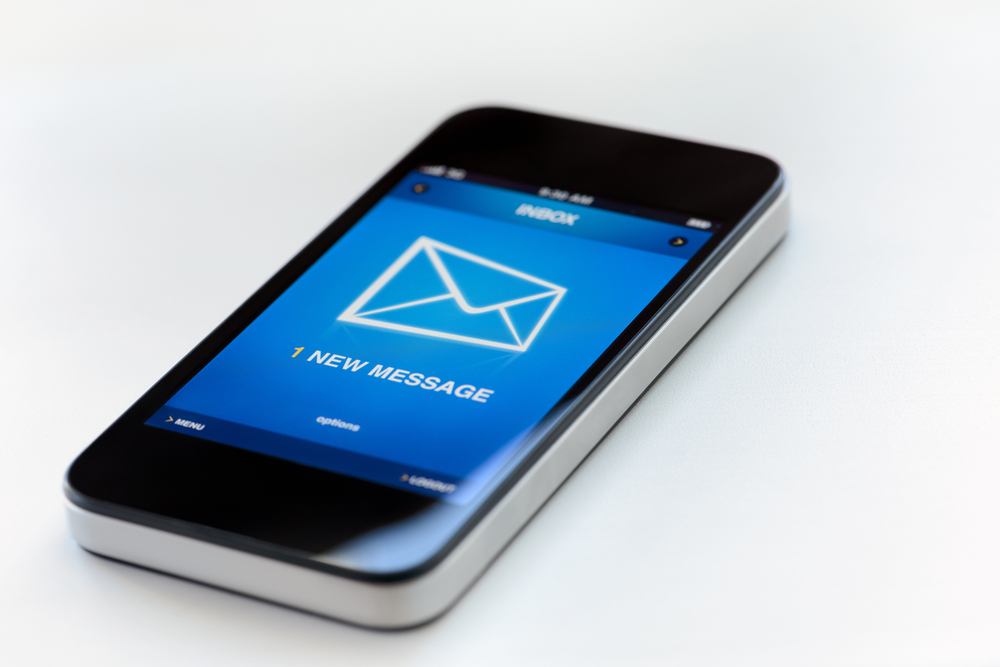
Mobile messaging study reveals the need for tailored solutions
Mobile engagement specialist OpenMarket has released the results of a study, commissioned from IDC, into the business impact of mobile messaging.
The study looks at how mobile messaging is being used across a number of key industries including automotive, education, financial services, healthcare and utilities. It shows that many companies have failed to adopt holistic mobile messaging with 62 percent having at least two messaging platforms deployed, and 78.5 percent with more than one active initiative.
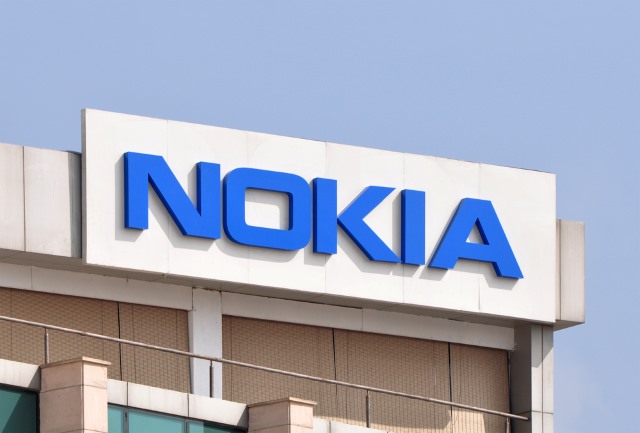
Nokia won't produce phones, but could return to smartphone business by brand-licensing
Wouldn’t it be great if Nokia started manufacturing phones again? If the recent reports are to be believed, the Finland-based company is planning to do just that. Citing its sources, Re/code earlier this week reported that the company will be returning to the phone manufacturing business by 2016, and would launch a couple of Android smartphones. Too bad, that’s not happening. Nokia announces today that it doesn’t intend to return to the smartphone manufacturing business, squashing all the recent reports that claimed otherwise.
On its website (via Reuters), the company notes that the recent news reports that claimed that Nokia expressed its intention to manufacture consumer handsets out of an R&D facility in China “are false". "Nokia reiterates it currently has no plans to manufacture or sell consumer handsets.", it further says.

Google and Facebook offer support after Nepal earthquake
When disaster strikes, technology can often be put to good use. Following the devastating earthquake that struck Nepal this week, Google and Facebook are among the companies helping those in the area, as well as people looking for friends and relatives.
Google's People Finder does very much what it says on the tin. It's a very simple website that enables people to publish requests for information about loved ones, as well as giving those with information somewhere to share it. Facebook's Nepal Earthquake Safety Check provides a similar feature.

How mobile is changing the way we communicate at work
The rise of mobile device use and of BYOD policies in the workplace is bringing about a major shift in the way people communicate at work.
Email solutions provider Newsweaver has produced an infographic looking at the rise of mobile devices for business use. It also looks at how bring your own app (BYOA) and enterprise app use have different effects.
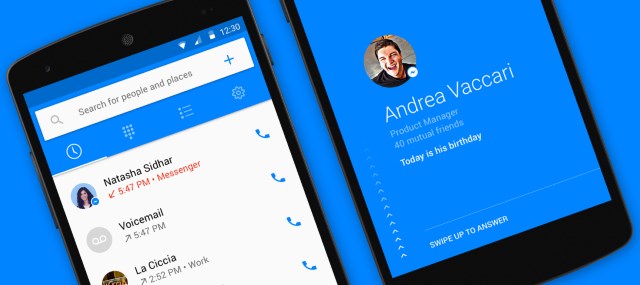
Facebook Hello tells you who's calling before you pick up
It's easily forgotten with the number of apps available, but mobile phones are primarily designed for making calls on the move -- whodda thunk it? When you receive a call you'll usually see the number of the caller, but this may not be helpful in identifying them before you decide whether to pick up. Facebook's answer to this problem is Hello.
This new app comes from the Facebook Messenger team and aims to tell you more about the person getting in touch with you even if you don’t have their number saved in your address book. Currently available for Android, the dialer app also allows for the blocking of calls from individuals.

You're more likely to be struck by lightning than hit by mobile malware
We constantly see stories about the latest threat from malware, particularly relating to mobile devices. But is it really as bad as it's made out to be?
No, says threat detection and containment specialist Damballa which is unveiling new research based on its big data analysis of almost half of US mobile traffic.

Office Universal apps preview coming to Windows 10 for phones very soon
Microsoft comes under fire quite often for seeming to favor Android and iOS over its own mobile platforms. Apple and Google's mobile operating system have been first in line for all manner of Microsoft apps and services, and it was much the same story with the mobile versions of Office.
Today Microsoft is taking steps to allay the concerns of Windows Phone users -- you have not been forgotten! Specifically, the company says that the preview version of Office Universal apps will, or at least should, be made available for Windows 10 for phones by the end of the month.

Google cleans up URLs in mobile search results with breadcrumbs
Google is revamping the way URLs appear in search results on mobile devices. Smaller screens have a tendency to truncate lengthier URLs, and even when this doesn’t happen diminutive screen size can make addresses difficult to read.
To combat this problem, the search giant is introducing a new breadcrumb trail presentation with a view to making the information easy to absorb at a glance. But what does this change actually mean?
